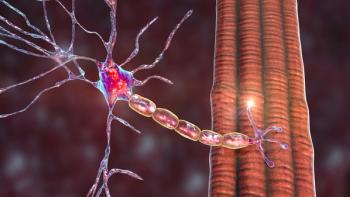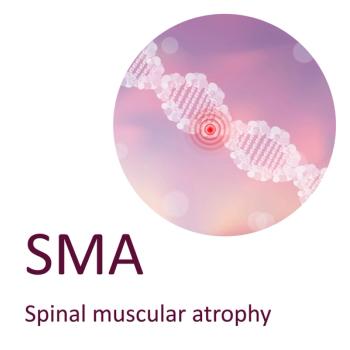
Gene Therapy Shows Promise for SMA Patients with Tracheostomies
The study drew on data from the RESTORE registry for 34 patients with tracheostomies who received Zolgensma (onasemnogene abeparvovec).
A new study shows that gene therapy may benefit spinal muscular atrophy (SMA) patients who require breathing support through tracheostomy — a group typically excluded from clinical trials.
The
Thirty-three of the patients had two SMN2 gene copies, while one patient had a single copy. Most patients (88%) were diagnosed clinically rather than through newborn screening. The median age at diagnosis was 3.5 months, with patients receiving initial treatment at 5 months and requiring tracheostomy at approximately 9 months.
"There were no new safety findings with [Zolgensma] treatment in patients with SMA with tracheostomy across real-world settings," the study authors wrote. While four patients experienced serious treatment-related adverse events, these aligned with Zolgensma's known safety profile. Two deaths occurred during the study period, neither related to the treatment.
The findings suggest that patients requiring tracheostomy — who are often considered too ill for gene therapy — may still benefit from treatment. Eight patients received Zolgensma alone, while 26 received additional therapies before or after gene therapy.
Without treatment, nearly all patients with type 1 SMA, the most severe form, require respiratory assistance within their first year of life. Historically, ventilated SMA patients had a life expectancy of just two to three years. However, early diagnosis through newborn screening programs, combined with timely treatment initiation, has shown promise in delaying or reducing the need for ventilatory support.
Both of these studies add to the body of evidence showing potential benefits and improvements for older SMA patients receiving gene therapy.
Newsletter
Get the latest industry news, event updates, and more from Managed healthcare Executive.























